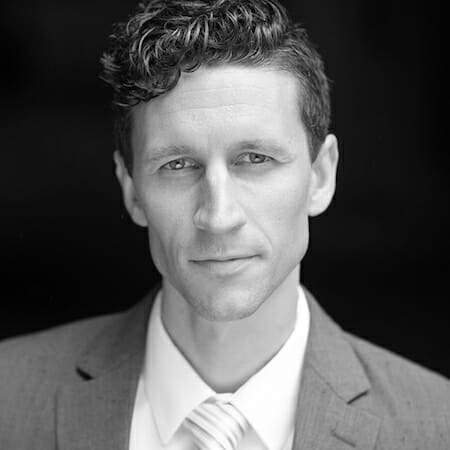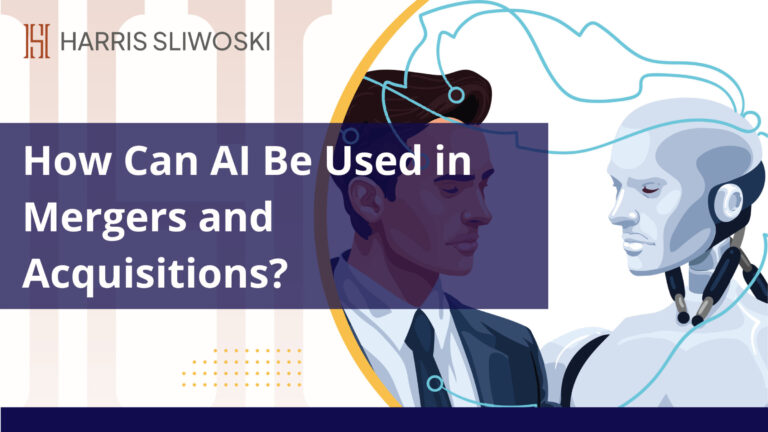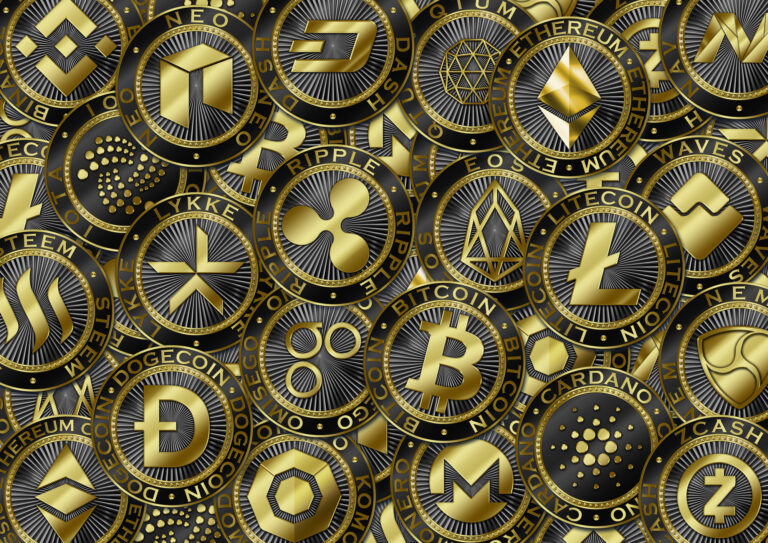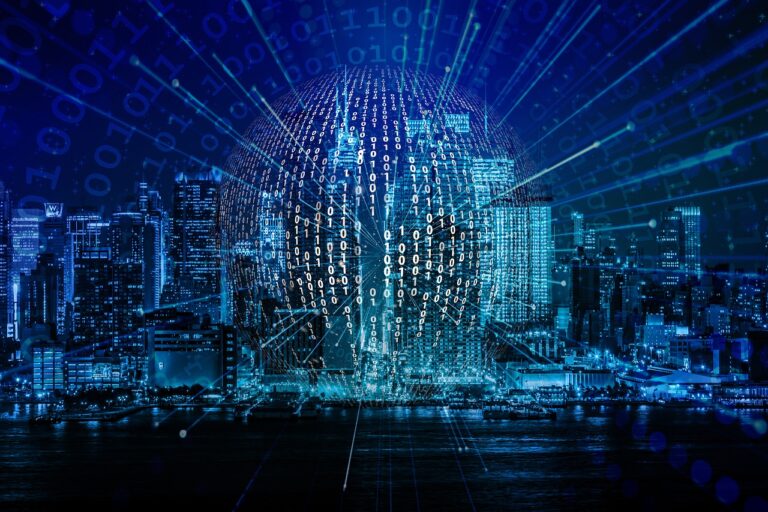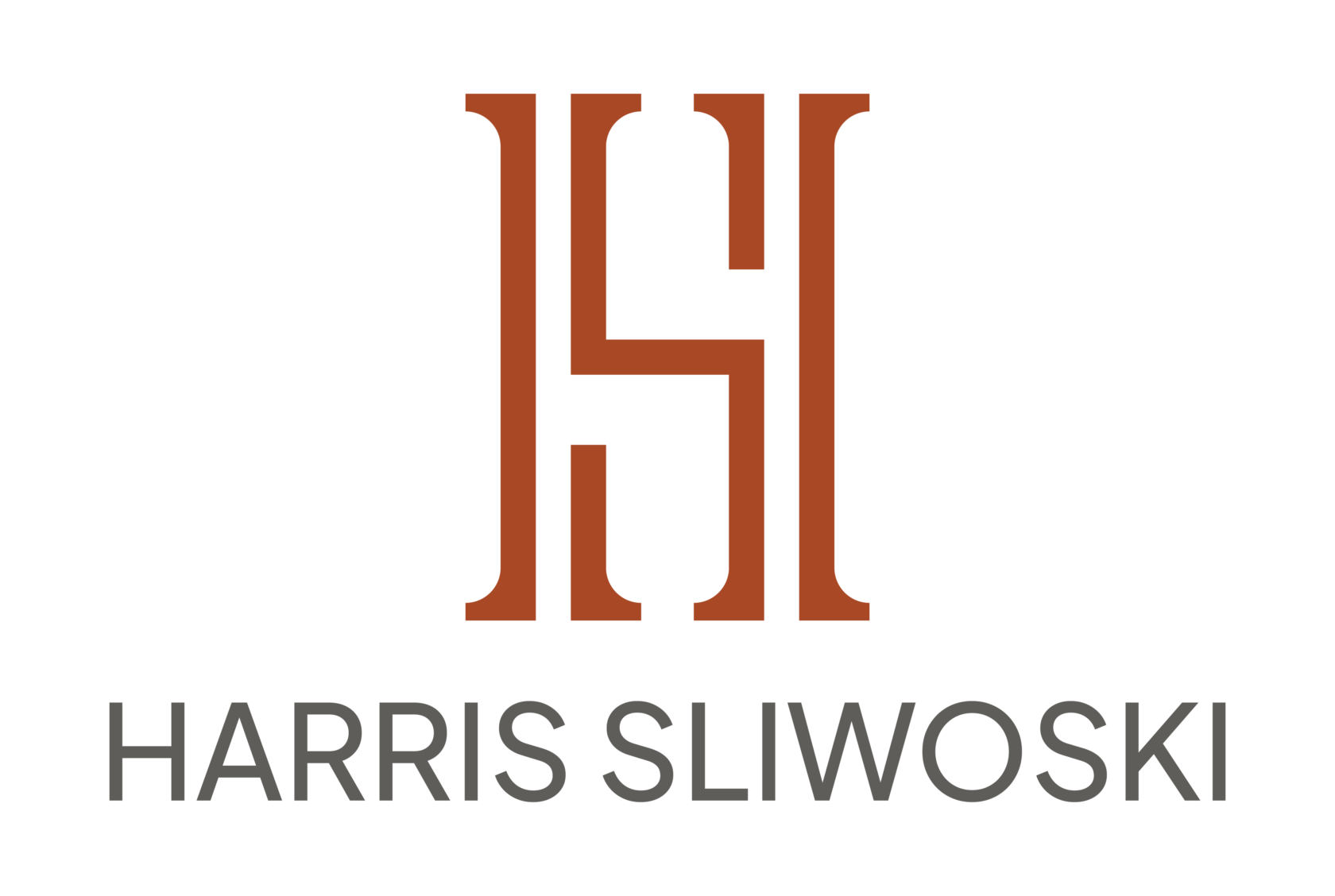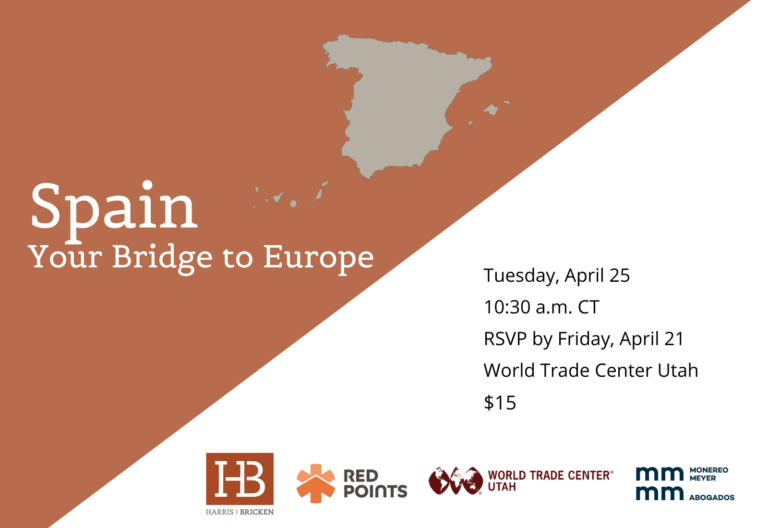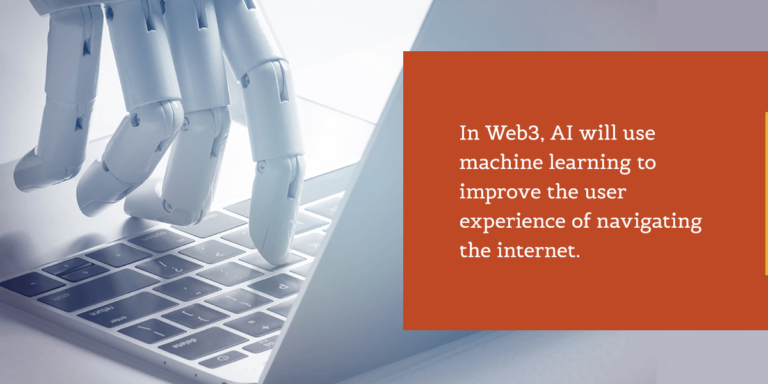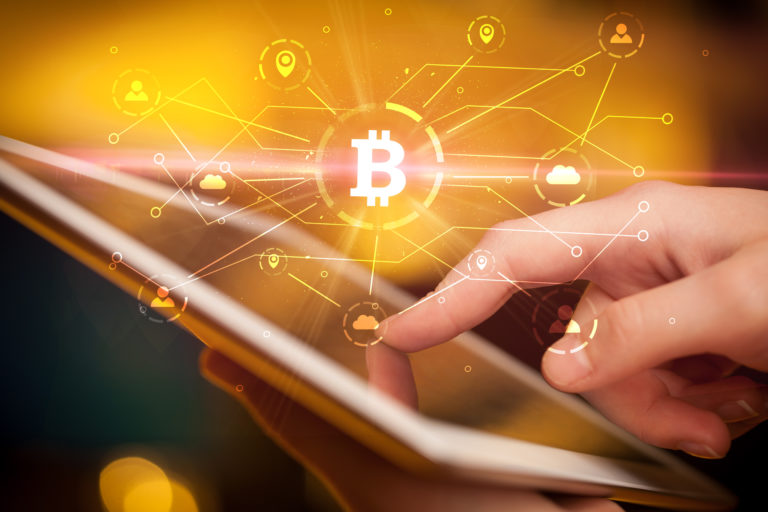
The Current Legal Status of Staking in the Crypto World
The Legal Status of Staking in the Crypto World With BTC, ETH, and other cryptocurrencies trending upward in Q4 2023 and into 2024, it is a good time to revisit an issue I have been thinking about lately. What is the legal status of staking? The Basics About Staking According to Coinbase, staking is multifaceted










